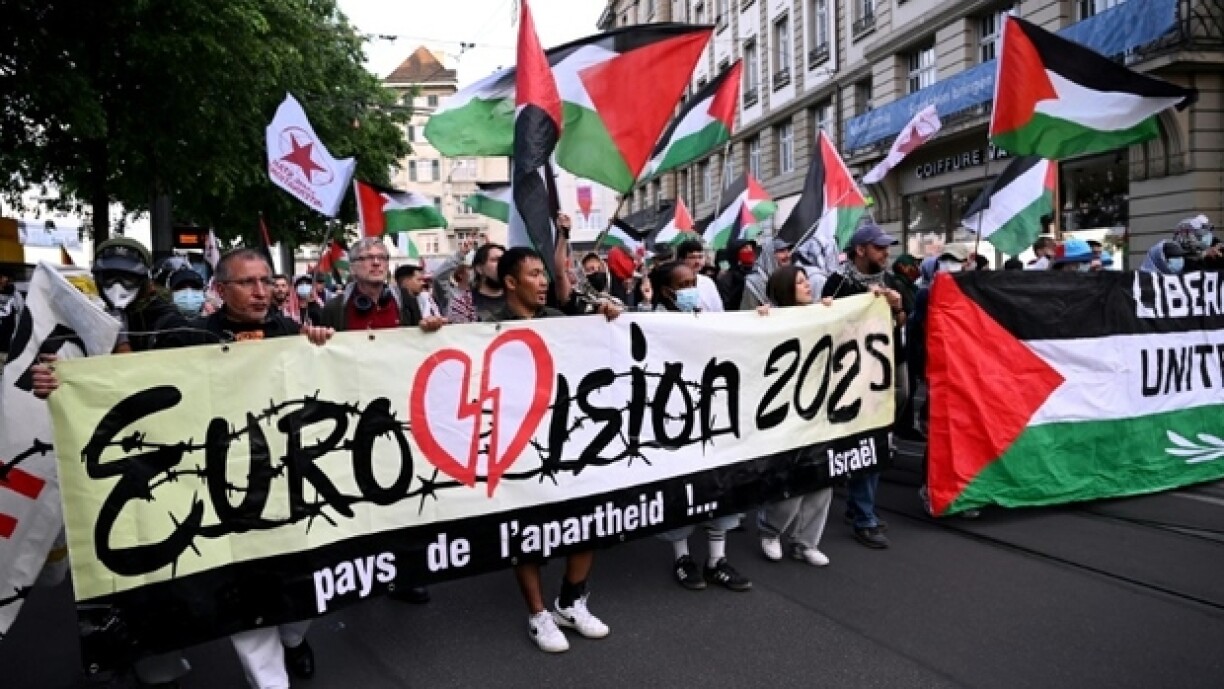
The Spanish Minister for Culture, Ernest Urtasun, has threatened to withdraw Spain from the 2026 Eurovision Song Contest if Israel is not excluded due to its military actions in Gaza. This aligns Slovenia’s national broadcaster, RTVSLO, which has made a similar threat.
Urtasun made the remarks during an appearance on the Spanish news programme “La hora de La 1" on TVE on Monday. He referenced Spanish Prime Minister Pedro Sánchez’s earlier call in May for the European Broadcasting Union (EBU), which organises the contest, to ban Israel.
“If Israel participates in the ESC and we do not succeed in expelling it, measures would have to be taken,” Urtasun stated, as reported by the Spanish daily La Vanguardia. He argued that Israel’s participation should not be “normalised and tolerated.”
Urtasun, who is also the spokesperson for the Spanish left-wing alliance Sumar, denied that condemning the genocide taking place in Gaza is antisemitic, describing Israel’s government as “genocidal”. He also expressed pride in Israel’s recent decision to ban two Spanish ministers, Deputy Prime Minister Yolanda Díaz and Minister for Childhood and Youth Sira Rego, from entering its territory due to their criticism of Israel’s actions in Gaza.
The final decision on a Spanish withdrawal rests with the national broadcaster, RTVE.
The threat from Spain follows a similar announcement from Slovenia. The director of broadcaster RTVSLO, Ksenija Horvat, has stated the country will likely withdraw from the 2026 contest if Israel participates. Horvat confirmed she has contacted the EBU multiple times to express concerns about Israel’s inclusion in the 2025 Eurovision Song Contest as well as next year’s competition.
In May, she sent a letter detailing these concerns to the EBU’s executive committee, which the broadcaster subsequently published online.
“We have sent very specific questions and proposals, like last year,” Horvat stated. “Last year, we were more or less ignored. This year, it’s practically the same thing,” she lamented. Given this lack of response, she stressed that the broadcaster realistically expects it will be unable to participate. “If we can’t establish a suitable system for participation, we won’t be there,” she said.
The sentiment is shared by prominent figures in the music world, including this year’s Eurovision winner, Austrian singer JJ, who has also publicly stated his desire for Israel to be banned from next year’s contest. The 70th Eurovision Song Contest is scheduled for May 2026 in Vienna’s Wiener Stadthalle.
In a relevant development, the EBU has extended the deadline for broadcasters to withdraw from the contest without penalty to mid-December, i.e., shortly after the EBU’s General Assembly meeting, where Israel’s participation is expected to be a key topic of discussion.
This marks the second consecutive year the event has faced such controversy. Before the 2024 contest, more than 70 former participants and public broadcasters from various countries called on the EBU to exclude Israel.